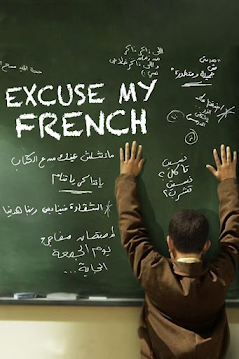Layla M.
Layla M.
Layla M. is a movie directed by Mijke de Jong, that tells the story of Layla, a young Muslim woman from a Moroccan family who was born in Amsterdam. The film follows her journey as she navigates the complexity of faith, family, and identity, eventually leading her toward radicalization.
The film takes a close look at the journey from alienation to radicalization. Layla feels prejudiced by both the Dutch society, which sees her hijab as a symbol of oppression, and by her family, who does not share the same passion for Islam as her and are concerned about her increased religious devotion. This sense of isolation pulls Layla toward radical ideologies, which offer her a sense of purpose and community. In this story we are shown the societal issues that are increasing in Europe, where a rise in Islamophobia and social exclusion is pushing many young Muslims to feel disconnected from the countries they call home. According to a 2020 report by the EU, young Muslims in Europe often face discrimination. This can sometimes lead to problems of identity, belonging and a sense of exclusion and, at times, radicalization as we see in the film. The plot shows us what these exclusions can lead to and how much they can affect the members of the Muslim community, especially young people. This makes us think, analyze and even worry about the current situation in European countries with Muslim communities that are increasing in population every day.
By watching Layla's story, we can see the harsh reality that many young Arabs have to go through when they go to European countries in search of a better quality of life. As Layla struggles with her family's expectations and the prejudice she faces daily, her story resonates on a human level, capturing the universal quest for purpose and belonging. Layla's journey may show us the wrong decisions she made in her life and the consequences of her actions, but it also highlights the pressures faced by young Muslims in Europe, whose identities are often questioned or rejected by the society they're part of. I feel that this film could open the eyes of many people (especially in Europe) to realize the huge problem that persists in these countries to this day. This is a film about the search for identity, the desire to belong, and the dangerous appeal of extremist groups. The director wanted to convey a message that would awaken the audience and combat prejudices as well as support young people who unfortunately struggle with their cultural and religious identities.




Comments
Post a Comment